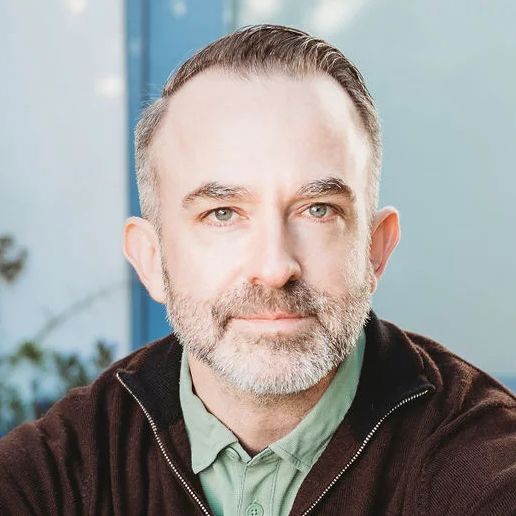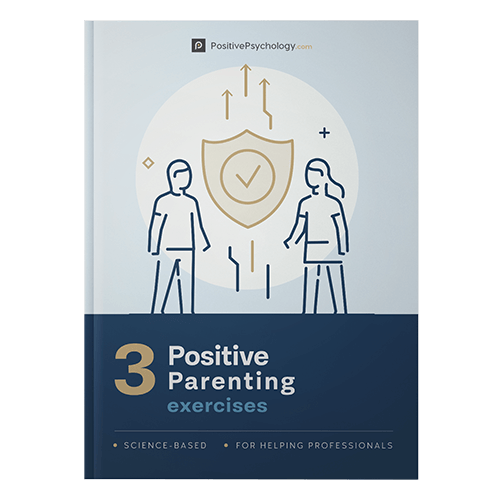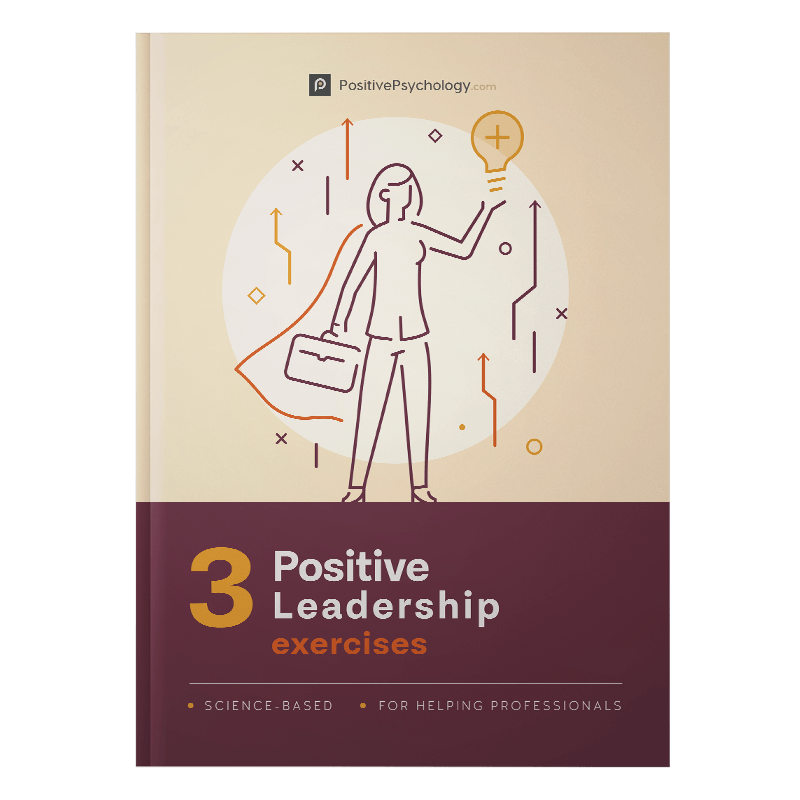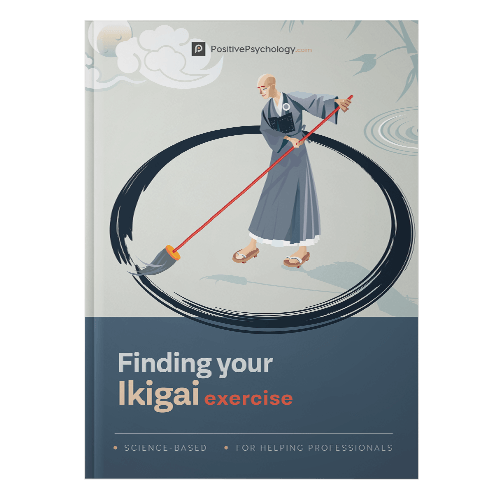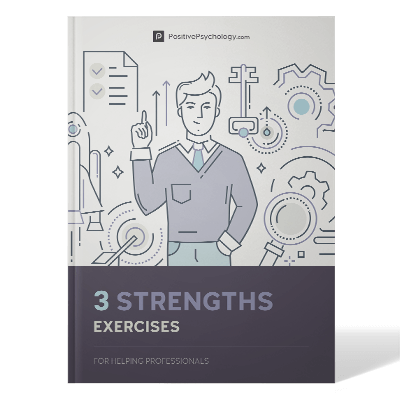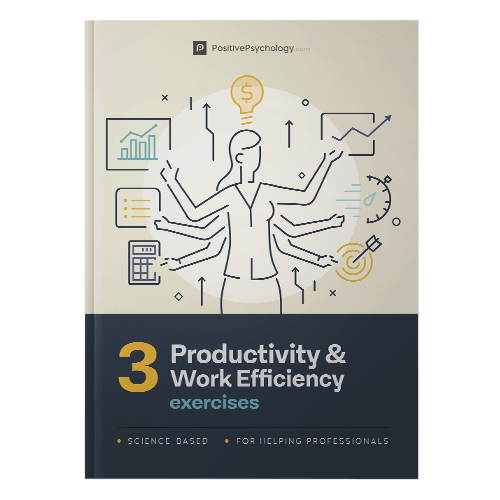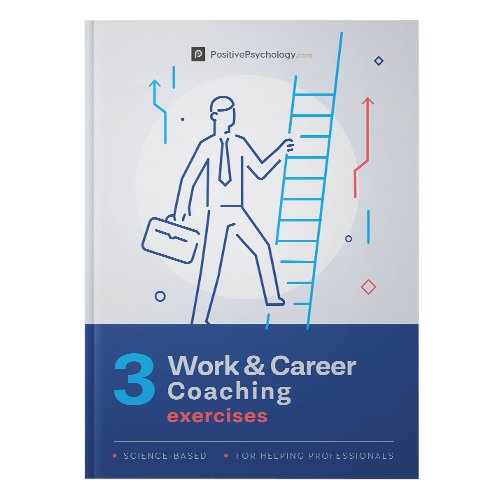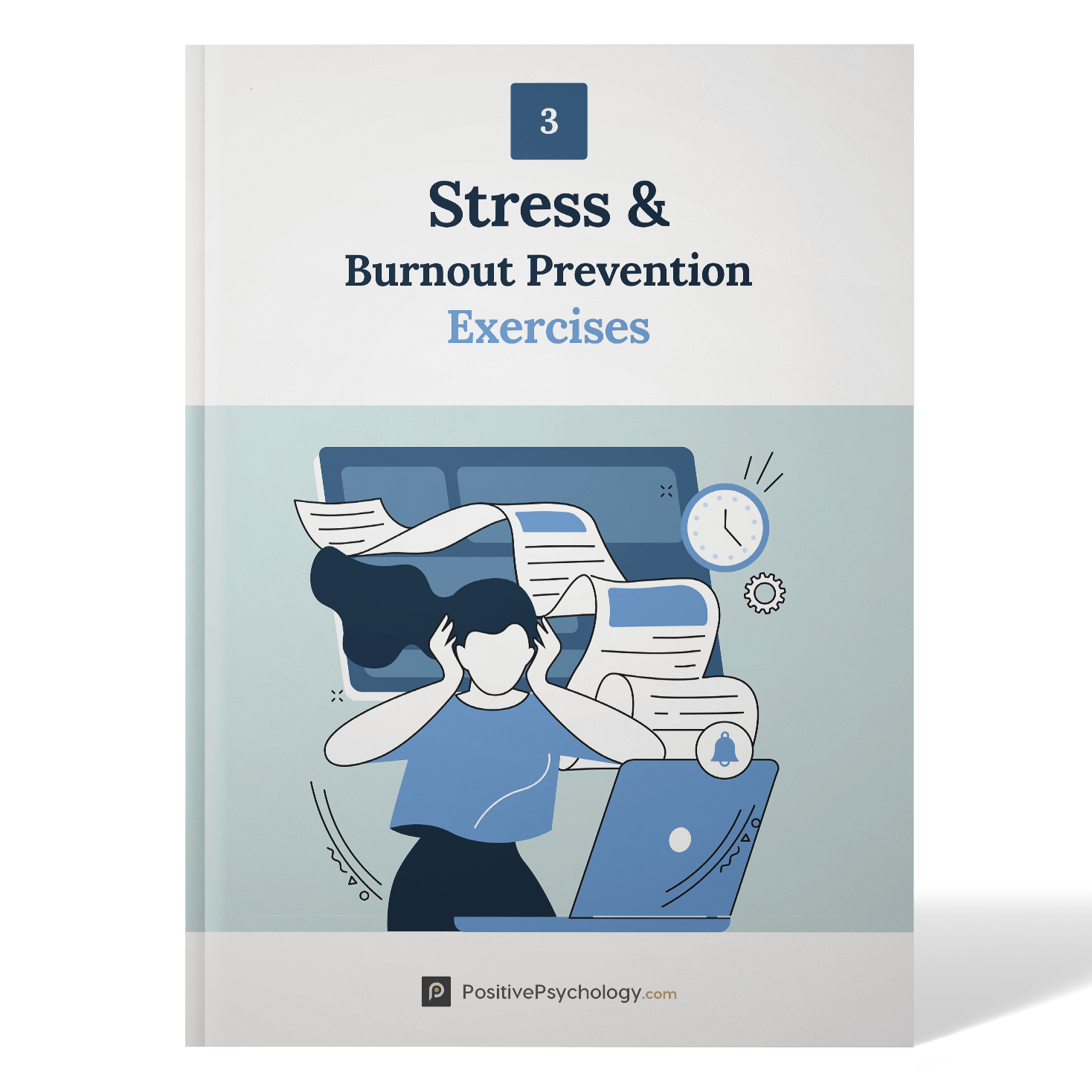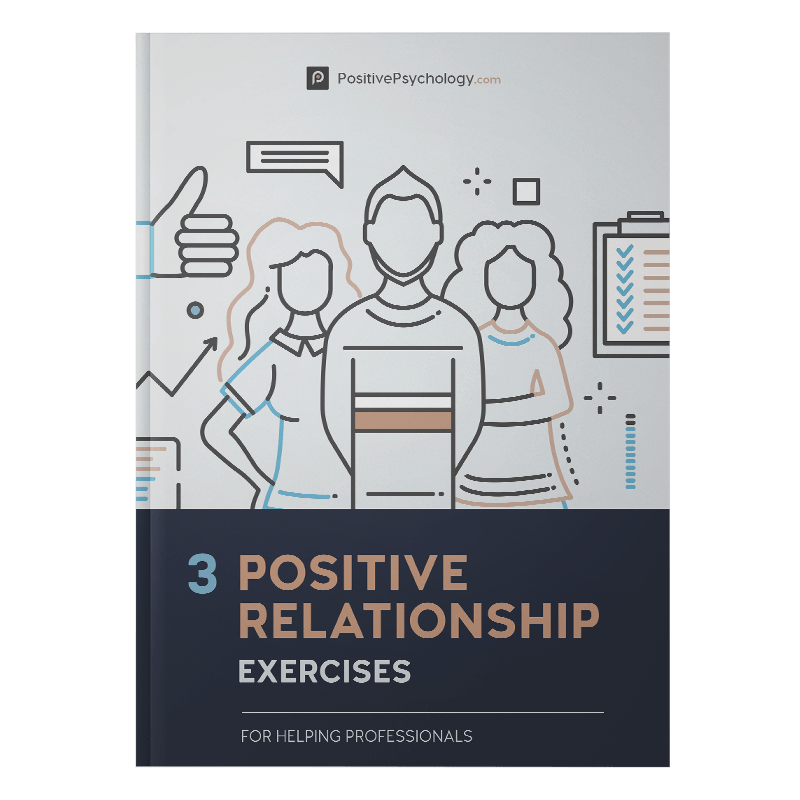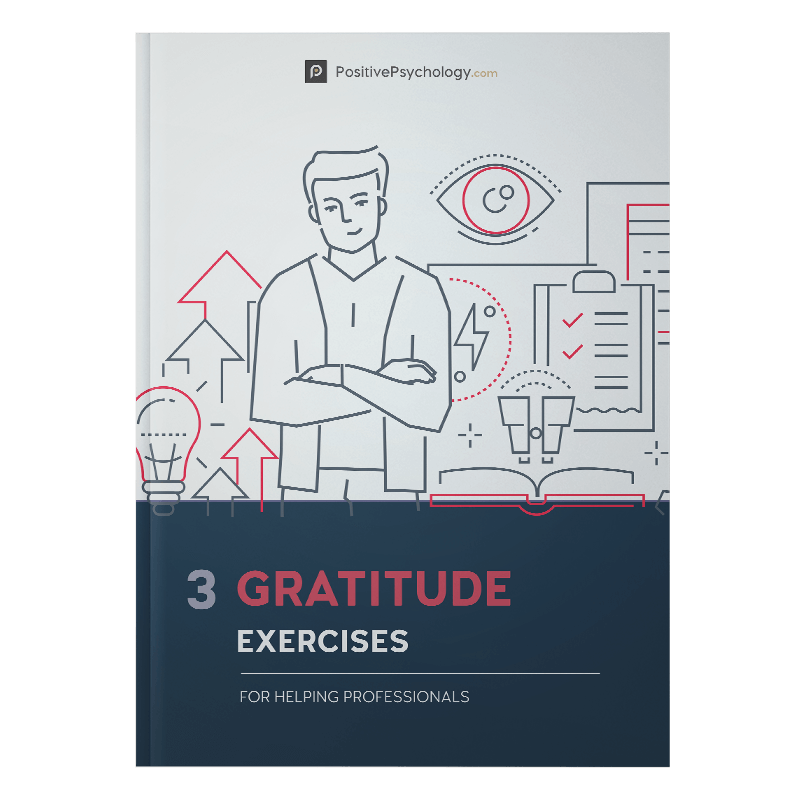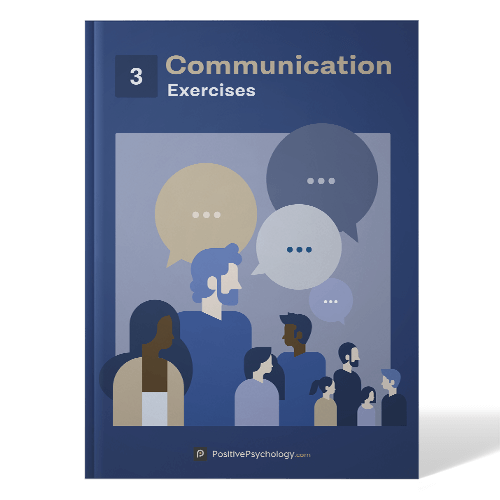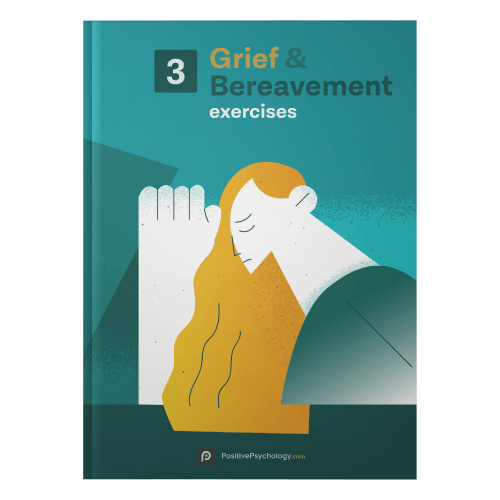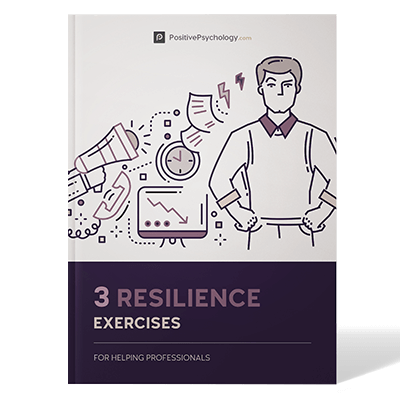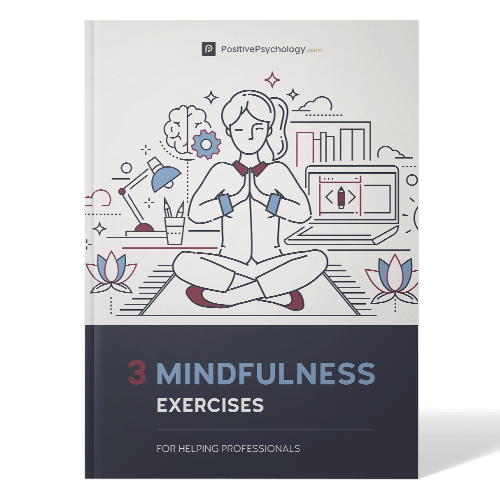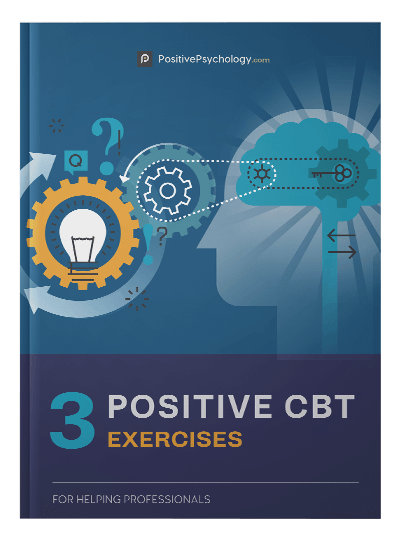“I Was Seeking Something to Bolster My Journey”
When he first discovered positive psychology, Will was on his own therapy journey:
“I was seeking something to bolster my [therapy] journey, [including] tools to give me focus and direction. Something I could look at and be like ‘I get that now.’ [It was] another piece of the puzzle to fulfill my overall picture.”
He started reading PositivePsychology.com blog articles, open to ways he might build resilience and make more progress.
He connected with the material immediately: “It was definitely the right thing for me to get involved with from a learning perspective. […] And the clarity that comes from the blog articles is exceptional.”
Encouraged by what he was learning, Will moved on to several masterclasses. He began helping his clients using the tools and knowledge he gained from the Maximizing Strengths©, Emotional Intelligence©, and Realizing Resilience© classes, particularly the solutions that had helped him personally.
“I started to implement some of those things that I’d done myself and learned through the masterclasses. And positive psychology began to form another […] really useful tool in the toolkit of coaching.”
From Minus Five to Plus Five
In his day-to-day work, Will uses value resources like the Value Cards alongside mental health interventions like psychodynamic and Cognitive-Behavioral Therapy. This has helped him develop his signature “tripod” coaching framework, which intertwines personality, values, and identity to explore behavior:
“I do personality testing, [using] the Big Five OCEAN test. And then identity, using any task around identity. Then you have, ‘What are your values? Are you aligned with them?’ That gives a really good tripod to then build on and understand what behaviors are in place.”
From the masterclasses themselves, he finds inspiration for how to structure his clients’ journeys:
“[I take] the structure of the masterclasses [to make sure that] I’m bringing the right kind of content and right kind of direction to my clients in a structured way that gives them the best chance of their coaching journey and their success being reached.”
Because he coaches professionals with high-pressure work lives, resilience building is a big part of Will’s work. He assembles knowledge and skills from Realizing Resilience© to help them move “beyond learning [to] leveling up from challenges.” This involves communicating important concepts from the masterclass materials, like the broaden-and-build theory, upward and downward spiraling, and learning from adversity.
“Sometimes, I used short presentations. In other cases, a small workshop. One on one, it [is] very much around the task and talking about the task. And every time you have ‘penny-dropping moments,’ it’s what you look for in most elements of coaching and therapy.”
Will has always been skilled at helping clients unpack past challenges and their “weaknesses.” Since integrating positive psychology into his work, he now has a way to look forward, too.
He calls it “going from minus five to plus five.”
A key example of this is when Will amalgamates resilience and gratitude interventions to help clients “turn downward spirals upward.”
“If a person feels like there is negativity coming in, they might be starting to spiral down. What coping strategies do they have? What tools do they have? Gratitude. It starts some positive upward spiraling, so that is a combined concept that creates a resource.”
Yet another skill Will helps his clients develop is boundary setting: “I work a fair amount with people who have, at times, fairly poor boundaries,” he describes.
“Having those boundaries from a career perspective is sometimes quite a challenge, especially in London. The people I work with, some of the directors and such, are really under pressure from higher up the chain.”
It’s where he feels positive communication tools have made a key difference: “We talk about finding an assertive voice. We talk about wants and needs and being clear on them, writing them down, again utilizing a plethora of tools I’ve come across in the various masterclasses.”
In fact, communication tools have been valuable to Will and his clients across all the domains they work in. He feels they’ve enhanced the way they discuss, unpack, and consequently leverage the most important coaching and therapy concepts:
“Communication was then heightened. Talking about values, understanding values, cognitive reframing when we think about resilience, tapping into positive emotions, acceptance, and letting go of negative emotions — these kinds of concepts were powerfully communicated.”
“Positive Psychology Gives Me Buoyancy”
Since he has started implementing positive psychology techniques more frequently into his work, Will is satisfied that he’s found the perfect complement for his existing therapeutic approaches.
A great way to describe how Will feels he has increased his impact is through one of his most frequently applied tools: the Sailboat Metaphor. Besides using it “all the time” to illustrate therapy and coaching concepts, Will feels it captures his relationship to positive psychology as a whole:

